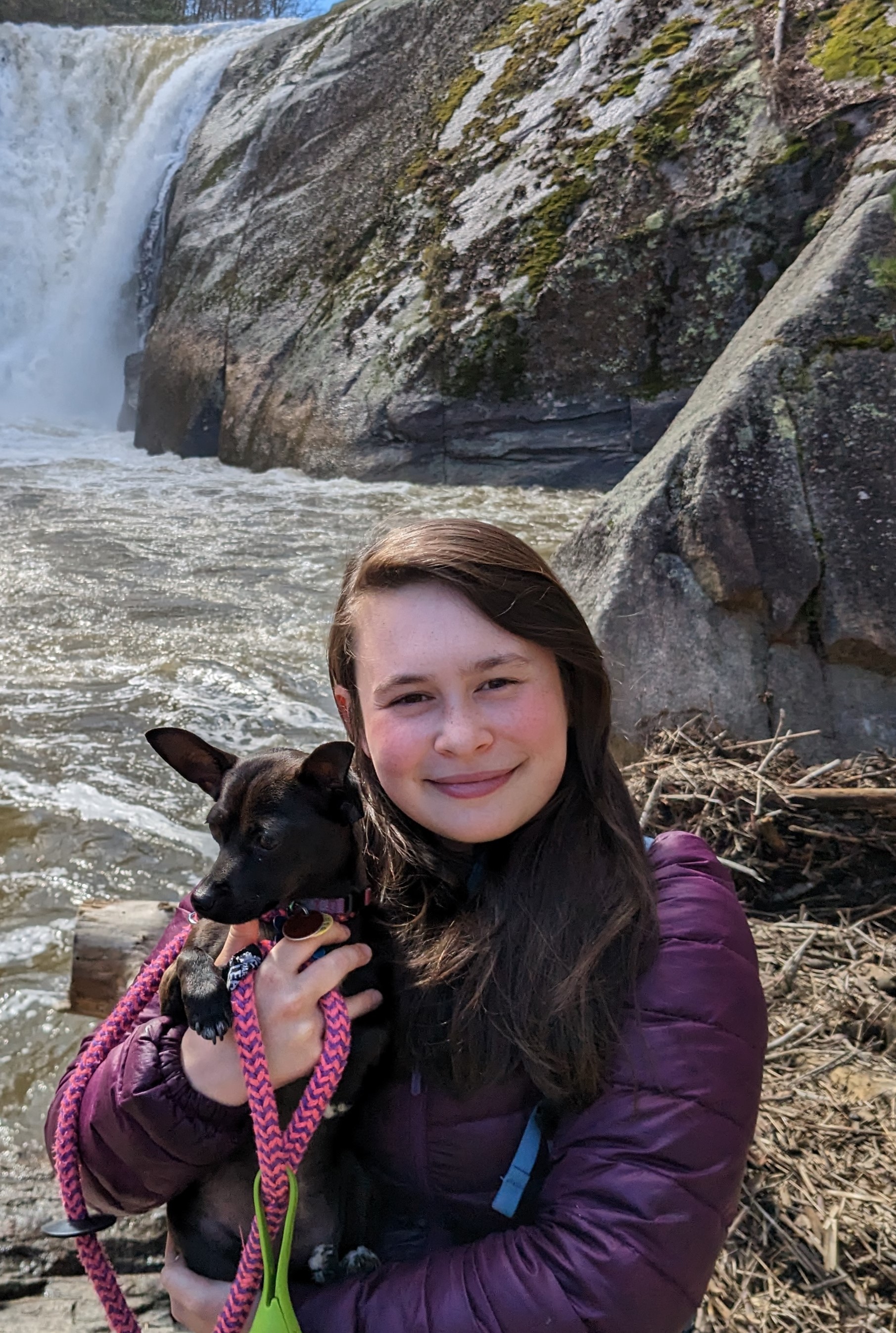Introducing SAF’s 2023–2024 Mollie Beattie Visiting Scholars
September 22, 2023


This year, we are excited to welcome Emma Briggs (left) and Nicole Zampieri (right) as the 2023–24 cohort of
Mollie Beattie Visiting Scholars! Mollie Beattie visiting scholars are supported for a one-year term with a $10,000 scholarship to pursue a proposed research project in their field of focus. They also have the chance to connect with relevant SAF Working Groups, submit a research article to an SAF journal, and spend a week at our headquarters in Washington, DC to collaborate with staff and partners.
Emma Briggs is pursuing a Master of Science in Forestry & Natural Resources from the University of Georgia. For her research, Emma is evaluating the role of herbicide use to conserve wild bee communities in working pine forests.
“Our main objective is to determine how pollinator species, as mediated through their interactions with understory plant communities, respond to different herbicide application methods in early and mid-rotation loblolly pine stands. This study will provide valuable information on how herbicides can be used to increase yields in working loblolly pine forests, while also conserving wild bee communities and their vital pollination services.”
Briggs first became interested in forestry after taking dendrology as an undergraduate student studying environmental science. Unexpectedly, she fell in love with tree identification and the incredible diversity found in forest ecosystems.
Her path to entomology was a little more complicated. “After my Research Experience for Undergraduates (REU) program in forest ecology was canceled due to COVID-19, I joined a lab studying urban insects. I quickly became obsessed with pollinators, particularly wild bees, and how human activities can influence their populations,” she explains. Through her graduate research, she is combining her passions in forestry and entomology.
Nicole Zampieri received a Ph.D. in Geography from Florida State University in 2023 and is now a Postdoctoral Research Associate jointly supported by Tall Timbers Research Station in Tallahassee, Florida and The Jones Center at Ichauway in Newton, Georgia. Zampieri’s proposed research aims to inform restoration and conservation of longleaf pine-oak savannas and woodlands of the North American coastal plain.
Zampieri became particularly interested in longleaf pine ecosystems while a student at Florida State University in Tallahassee, Florida, where she learned about the human impact to these complex and important ecosystems. Zampieri uses dendroecological methods to determine how growth rates are changing under climate change. “Using tree-ring science,” Zampieri explains, “I am able to translate the entire history of a tree’s life and identify drivers and inhibitors of growth. This can be scaled up to the stand and region level, providing a temporally specific interpretation of the species natural history.”
“Woody encroachment and mesophication are issues that inhibit our ability to restore ecosystem structure and function in this global biodiversity hotspot. This research will determine if mesophication is occurring through increased woody growth rates in addition to species turnover and explore how these mesophytic competitive environments facilitate or inhibit different species of tree growth, through recruitment and yearly growth rates. This research will identify environmental drivers of mesophication and propose solutions for reversing its negative effects on these vulnerable ecosystems.”
Zampieri is broadly motivated to support healthy ecosystems, both for human livelihoods and wellbeing as well as for other species that “have a right to healthy and functioning ecosystems.” A first-generation college graduate and first-generation American of Nicaraguan descent, her background and identity significantly shaped her experience and worldview. She is passionate about mentoring students and other early career professionals in general, and in identifying and removing barriers to access and inclusion in the scientific process.
Established by the SAF Board of Directors in 2016, the SAF Mollie Beattie Visiting Scholar Program is named after Mollie Beattie, the first woman to head the United States Fish and Wildlife Service. Educated in philosophy and forestry, she inspired, mentored, and dared her friends, colleagues, and young people to be more and do more than they thought possible. To honor her legacy, SAF established this program to foster diversity in the natural resource professions. If you would like to donate to support this program, please visit the SAF Mollie Beattie donation page.